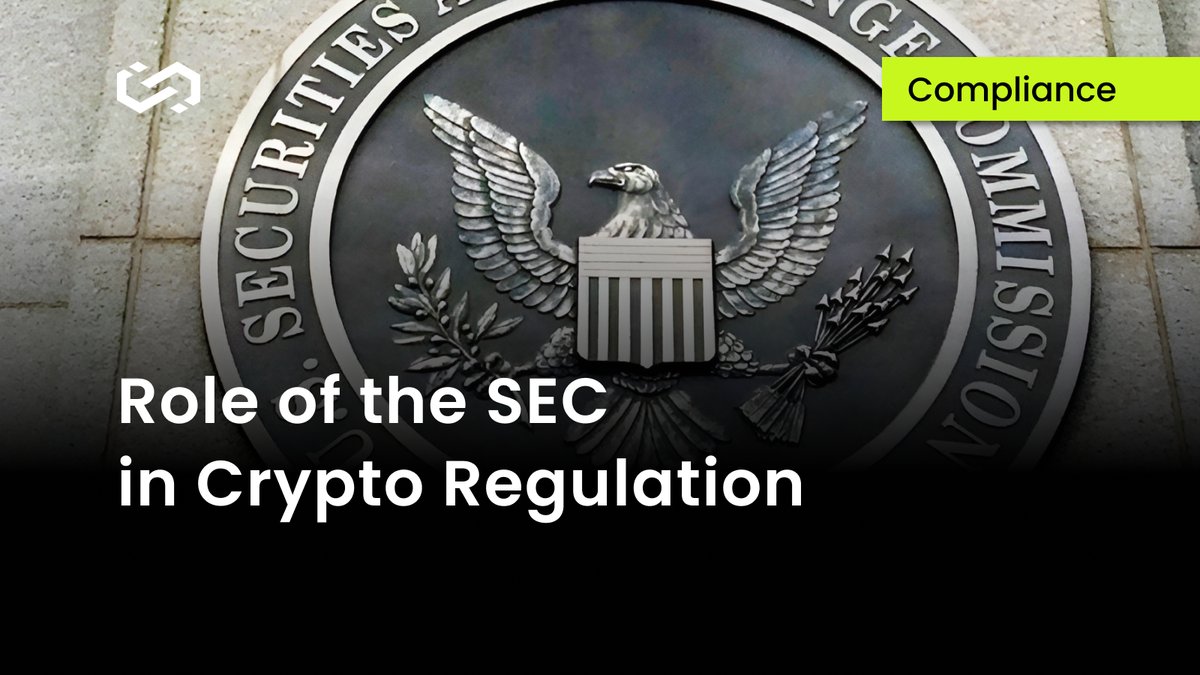Navigating SEC Compliance When Launching a Crypto Token
2025-09-21

Navigating SEC Compliance When Launching a Crypto Token
Launching a crypto token today is not just about writing a whitepaper, building a blockchain protocol, or generating buzz in online communities. It is also about understanding the intricate web of securities laws, regulatory expectations, and compliance frameworks that can determine the success—or downfall—of a project. For founders, navigating SEC compliance is not an optional step; it is a fundamental pillar of building legitimacy and ensuring long-term sustainability in an increasingly regulated digital asset environment.
Why SEC Compliance Matters
The SEC’s primary mandate is to protect investors and maintain fair, orderly markets. With the rapid growth of the crypto sector, regulators have become increasingly concerned about fraud, investor losses, and projects raising funds without proper disclosure. For token founders, understanding this backdrop is crucial. Non-compliance can lead to lawsuits, fines, project shutdowns, or even criminal liability for executives.
The Howey Test: A Critical Lens
At the heart of the SEC’s classification framework is the Howey Test. This legal standard determines whether a transaction qualifies as an investment contract—and therefore a security—based on four factors:
- Investment of money
- Expectation of profits
- From the efforts of others
- In a common enterprise
If a token sale meets these criteria, the token is likely to be deemed a security, requiring registration or an exemption.
Key Compliance Considerations
For founders, ensuring SEC compliance involves aligning every stage of the token lifecycle—from design to distribution—with regulatory requirements.
1. Token Design
Founders must carefully consider whether their token serves a functional purpose (utility) or represents a financial stake (security). Designing tokens with real utility—such as access to decentralized applications, staking rights, or governance—may reduce regulatory risk. However, even utility tokens can fall under securities laws if marketed incorrectly.
2. Fundraising Models
Initial Coin Offerings (ICOs) have largely fallen out of favor due to legal challenges. Instead, projects now explore alternatives such as:
- Security Token Offerings (STOs): Fully compliant fundraising with investor protections.
- Regulation D/Regulation S Exemptions: Private offerings limited to accredited or international investors.
- Initial Exchange Offerings (IEOs): Conducted via exchanges that handle some compliance obligations.
3. Ongoing Disclosures
If a token qualifies as a security, projects must provide continuous disclosures similar to public companies—financial statements, risk factors, and operational updates. Transparency builds trust not just with regulators, but with investors as well.
Case Studies of SEC Enforcement
Understanding real-world cases helps founders anticipate challenges:
- Telegram: Raised $1.7 billion but was halted by the SEC for offering unregistered securities. The project was forced to return investor funds.
- Ripple (XRP): Engaged in a years-long legal battle with the SEC, which alleged that XRP was sold as an unregistered security. The case continues to shape token classification debates.
- Kik: Lost a lawsuit over its Kin token, highlighting the risks of fundraising without compliance.
Best Practices for Founders
1. Engage Legal Counsel Early
Working with experienced securities lawyers can prevent costly mistakes. Compliance should be baked into the project from day one, not treated as an afterthought.
2. Adopt Transparent Communication
Overpromising returns or making speculative claims can turn even a utility token into a security in the SEC’s eyes. Communication should emphasize utility, community value, and technical innovation.
3. Build Governance Structures
Strong governance frameworks—such as decentralized autonomous organizations (DAOs)—can reduce founder liability and align projects with global trends toward decentralization.
Risks and Challenges
While compliance provides long-term benefits, it also comes with challenges:
- Costs: Legal fees, audits, and compliance teams can be expensive for startups.
- Innovation Slowdown: Regulation can stifle rapid experimentation.
- Global Variability: Different countries interpret token regulation differently, complicating global expansion.
Future Outlook
The SEC is unlikely to relax its scrutiny anytime soon. However, emerging frameworks such as the EU’s MiCA regulation, and U.S. efforts toward comprehensive crypto legislation, may provide clearer guidance. Founders who embrace compliance early may enjoy a competitive advantage, attracting institutional investors who prioritize regulatory clarity.
Conclusion
Navigating SEC compliance when launching a crypto token is complex but essential. Projects that take the time to design tokens responsibly, adopt transparent fundraising models, and maintain open communication with regulators can thrive even in a heavily scrutinized environment. Compliance is not just a legal hurdle—it is a strategic advantage in building trust, legitimacy, and long-term value in the crypto ecosystem.
Further Reading and Resources
Frequently Asked Questions
What is SEC compliance in crypto? SEC compliance means adhering to U.S. securities laws when issuing or selling tokens, ensuring proper registration or exemptions.
Can utility tokens still be securities? Yes. Even if a token has utility, it can be deemed a security if marketed as an investment opportunity.
What happens if a project ignores SEC rules? Projects risk lawsuits, fines, investor lawsuits, or being forced to shut down.
How can founders reduce risk? By engaging legal experts, structuring tokens with clear utility, and adopting transparent fundraising and disclosure practices.